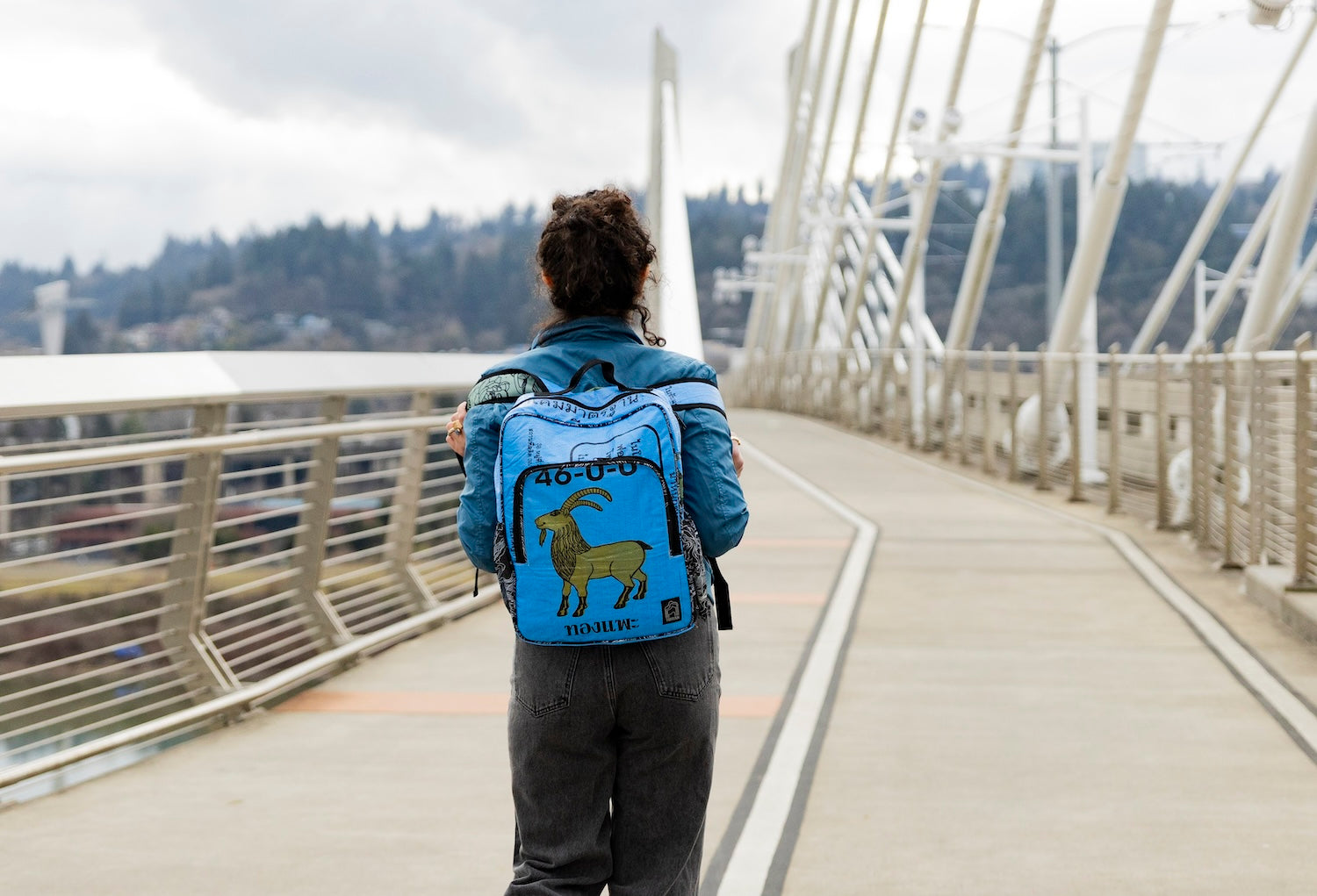Recently, a United Nations-led report from climate scientists around the world has been released. It's called IPCC 2021 - The Intergovernmental Panel on Climate Change. It's a call for governments to take steps to adapt to climate change.
The news is grim, but most people expected that. Earth is hotter than it has been at any point since the last Ice Age. We are living in unprecedented times and it can feel overwhelming. Climate change is here and it is time to reduce our greenhouse gas emissions to zero. It is time to divest from oil, coal, and gas energy sources and shift to more renewable energy. If we don't, things will continue to get worse.
What are the most important points and what can we do about them?
- Climate change is caused by humans
“Human activities are estimated to have caused approximately 1.0°C of global warming above pre-industrial levels, with a likely range of 0.8°C to 1.2°C. Global warming is likely to reach 1.5°C between 2030 and 2052 if it continues to increase at the current rate.”
- Greenhouse gases will persist but, if we can get our emissions to zero, it will help stop the warming effect.
“Warming from anthropogenic emissions from the pre-industrial period to the present will persist for centuries to millennia and will continue to cause further long-term changes in the climate system, such as sea level rise, with associated impacts (high confidence), but these emissions alone are unlikely to cause global warming of 1.5°C (medium confidence)… Reaching and sustaining net zero global anthropogenic CO2 emissions and declining net non-CO2 radiative forcing would halt anthropogenic global warming on multi-decadal timescales (high confidence).”
- The earth is warming and the answer is in our hands.
“Climate-related risks for natural and human systems are higher for global warming of 1.5°C than at present but lower than at 2°C (high confidence). These risks depend on the magnitude and rate of warming, geographic location, levels of development and vulnerability, and on the choices and implementation of adaptation and mitigation options (high confidence).”
- Sea levels rising are inevitable, but we can possibly slow the rise.
- Slowing global warming will have a big impact on land and on the sea.
- We have the power to do something about climate change.
“Most adaptation needs will be lower for global warming of 1.5°C compared to 2°C (high confidence). There is a wide range of adaptation options that can reduce the risks of climate change (high confidence). There are limits to adaptation and adaptive capacity for some human and natural systems at global warming of 1.5°C, with associated losses (medium confidence). The number and availability of adaptation options vary by sector (medium confidence).”
The good news is that cutting emissions will absolutely have a BIG impact. We need governments to work together and create rapid changes in our output. We must cut global emissions by 50% by 2030 to lessen the harshest impact. It’s not something we can do as individuals. We must move mountains politically.












